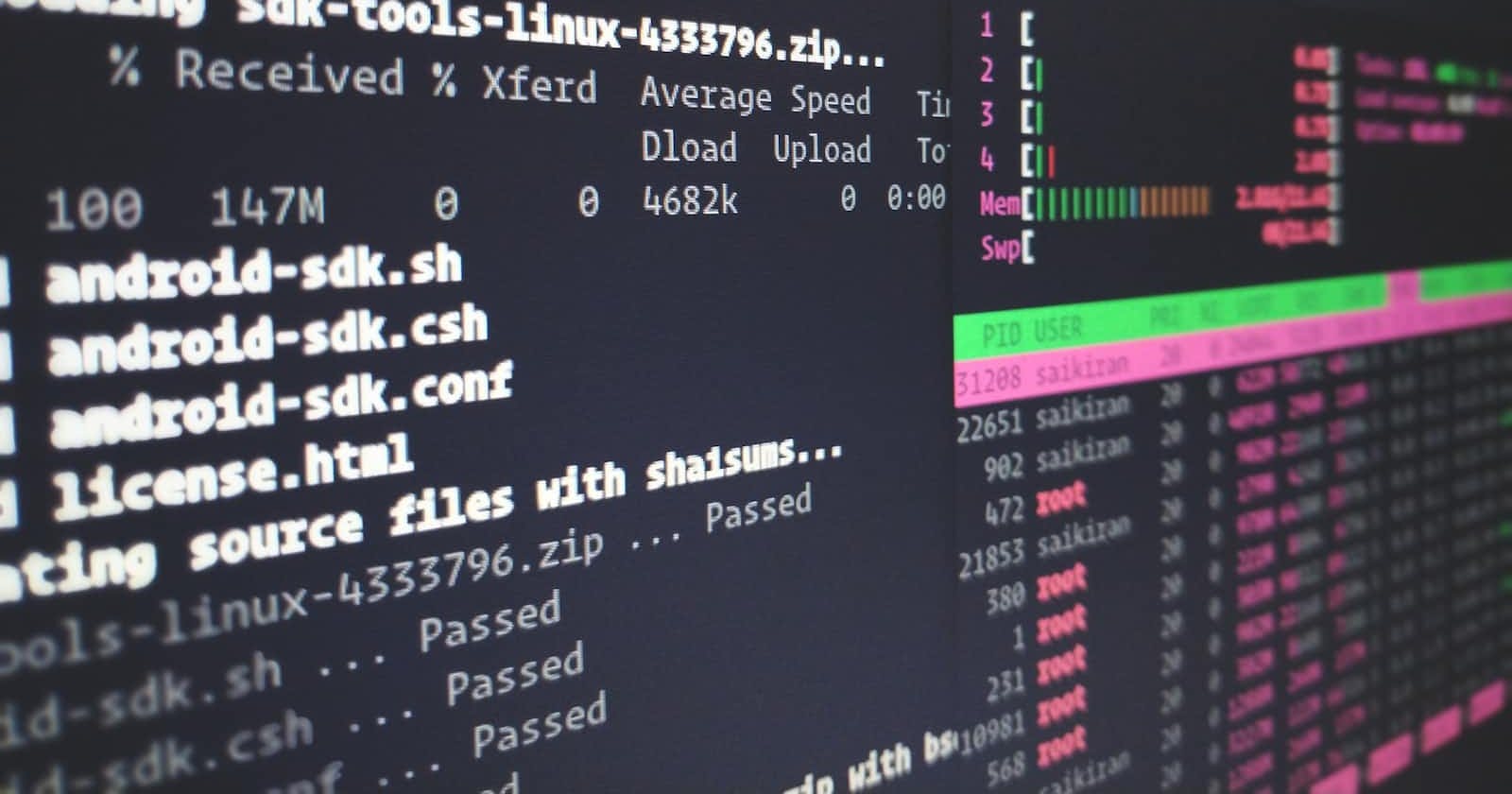
Photo by Sai Kiran Anagani on Unsplash
𝐀 𝐁𝐞𝐠𝐢𝐧𝐧𝐞𝐫'𝐬 𝐆𝐮𝐢𝐝𝐞 𝐭𝐨 𝐋𝐢𝐧𝐮𝐱: 𝐃𝐢𝐬𝐭𝐫𝐨𝐬, 𝐇𝐢𝐬𝐭𝐨𝐫𝐲, 𝐚𝐧𝐝 𝐌𝐨𝐫𝐞
The choice of millions of users worldwide.
Table of contents
Who is the creator of Linux OS?
Linus Torvalds, a computer science student at the University of Helsinki in Finland, created Linux. The development of Linux began in 1991 as a personal project of Torvalds, and the first version of the operating system was released in 1992.
Why did Linus create Linux?
Linus Torvalds created Linux in 1991 as a personal project while he was a student at the University of Helsinki. He was frustrated with the limitations and proprietary nature of the operating systems that were available at the time, such as DOS and Windows, and wanted to create a free and open-source alternative. He also wanted to learn more about operating system development and the inner workings of computer systems. Linux is based on Unix, a mature and stable operating system that had been used primarily in academia and research. Torvalds took inspiration from Unix and built Linux to be a similar operating system, but one that was free and open-source, meaning that anyone could use, modify, and distribute the source code.
Time before Linux OS.
Before the Linux operating system was created, several other operating systems wherein used, including UNIX, DOS, and Windows. UNIX, in particular, was widely used in academic and research settings, but it was expensive and not widely available for personal use. DOS and Windows were primarily used on personal computers, but they had limitations and were not well-suited for certain types of tasks. Linux was first released in 1991 and designed to be a free and open-source alternative to these existing operating systems.
Linux OS:
Linux is a widely-used open-source operating system that has significantly impacted the technology industry. The origins of Linux can be traced back to the early 1990s when a student named Linus Torvalds developed the first version of the operating system as a hobby project. Over the years, Linux has grown to become one of the most popular and widely-used operating systems in the world, with a user base that ranges from individual users to large corporations and government organizations.
One of the key reasons for Linux's success is its open-source nature. Unlike proprietary operating systems like Windows and macOS, the source code of Linux is available for anyone to use, modify, and distribute. This has led to a thriving community of developers who contribute to the development and improvement of the operating system. As a result, Linux is constantly evolving and improving, with new features and updates being added regularly.
Another major advantage of Linux is its stability and security. Because the source code is open and available for anyone to review, bugs and security vulnerabilities are often discovered and fixed quickly. Additionally, Linux is less susceptible to malware and viruses than proprietary operating systems. This makes it a popular choice for organizations that need to protect sensitive data and information.
Despite its many advantages, Linux does have some challenges. One of the biggest challenges is compatibility with proprietary software. While Linux has a large library of open-source software available, many popular proprietary software programs are not available for the operating system. This can make it difficult for users to switch to Linux if they rely on specific software for their work. Additionally, Linux's market share is still relatively small compared to proprietary operating systems, which can make it difficult for businesses to find employees with Linux experience.
Despite these challenges, Linux has significantly impacted the technology industry. Its open-source nature has led to the development of new technologies, business models, and software development practices. The operating system's stability and security make it a popular choice for organizations that need to protect sensitive data and information. As the technology industry continues to evolve, Linux will likely play an important role in shaping the future.
In conclusion, Linux is a widely-used open-source operating system that has significantly impacted the technology industry. Its open-source nature, stability, and security make it a popular choice for many users. While Linux faces some challenges, it is a powerful and versatile operating system that will continue to be an important part of the technology landscape.
There are several Linux distros, below is a list of such distros:
Ubuntu
Debian
Fedora
Arch Linux
Mint
openSUSE
Gentoo
Kali Linux
Manjaro
CentOS
Statistics:
As of 2021, Linux is the most widely used operating system for servers, with over 96% of the top 1 million servers on the internet running Linux.
Linux is also the most popular operating system for supercomputers, with 99% of the world's fastest supercomputers running Linux.
Linux is also popular on mobile devices, with Android, which is based on the Linux kernel, is the most widely used mobile operating system in the world.
According to the 2020 Linux Kernel Development Report, over 13,500 developers from more than 1,300 companies have contributed to the Linux kernel.
According to the same report, the Linux kernel has over 23 million lines of code and is maintained by over 7,000 developers worldwide.
Linux is a popular choice among developers, with around 25% of developers using Linux as their primary development platform.
Linux distributions such as Ubuntu, Fedora, and Debian are some of the most popular among users, developers, and enterprise customers.
#linux #programming #hacking #python #coding #cybersecurity #technology #ubuntu #redhat #kalilinux #fedora #hacker #kalilinux #programmer #windows #tech #ethicalhacking #computerscience #java #javascript #developer #hackers #hack #coder #security #code #infosec #software #html #ethicalhacker #pentesting #computer #cyber #programmingmemes
